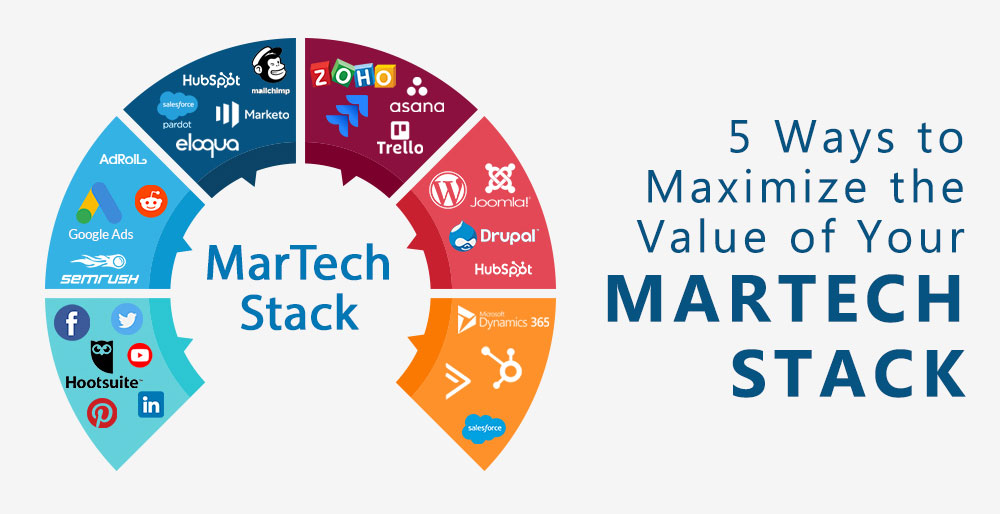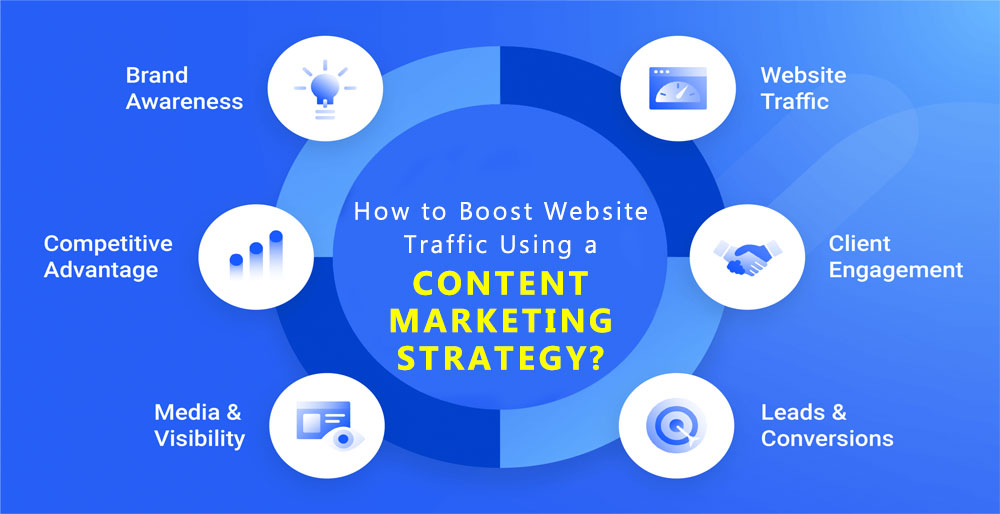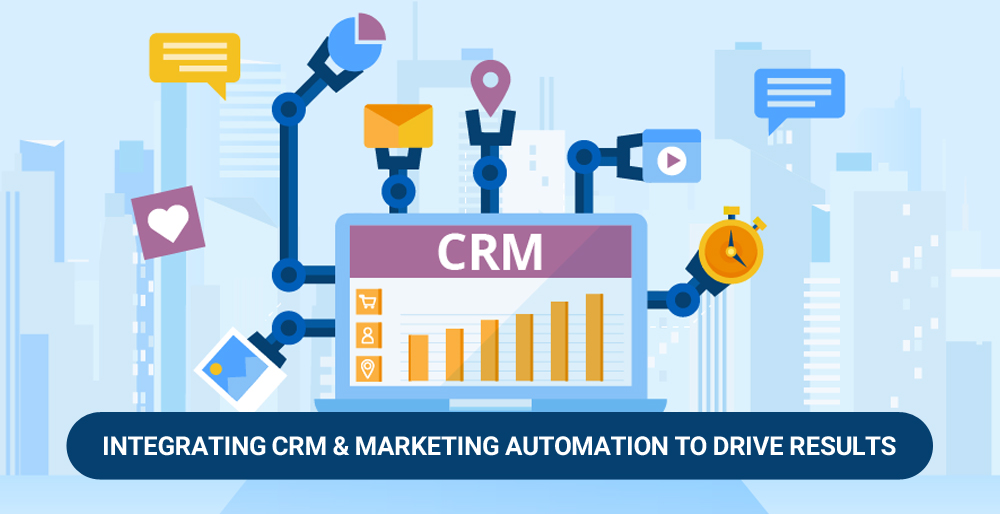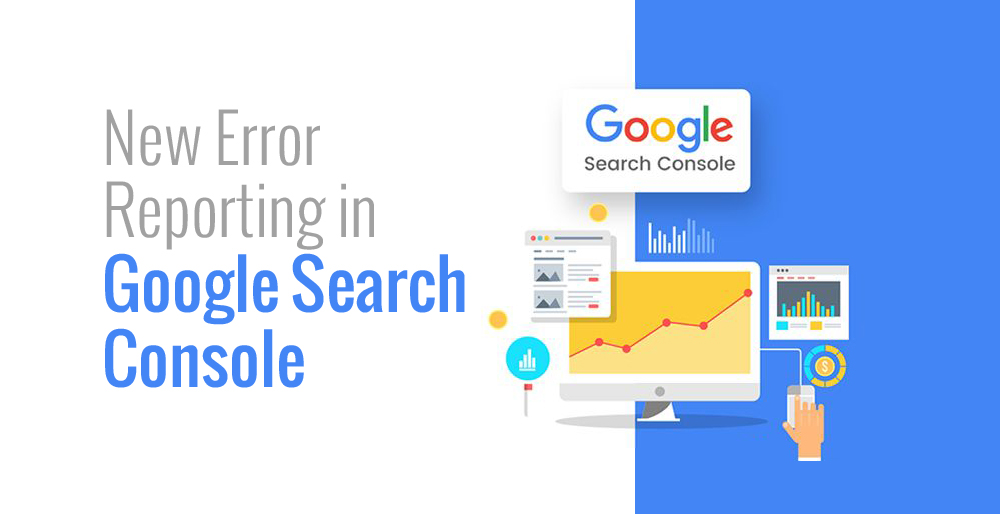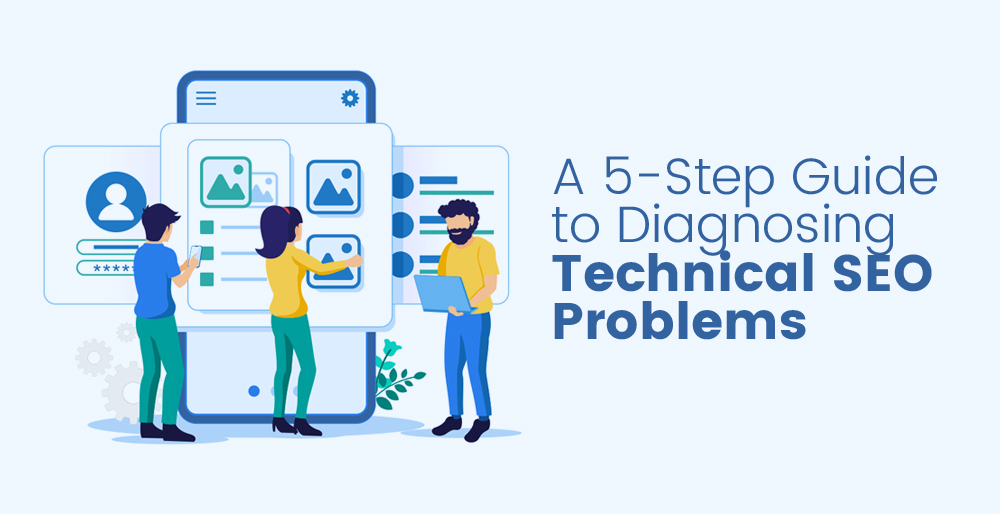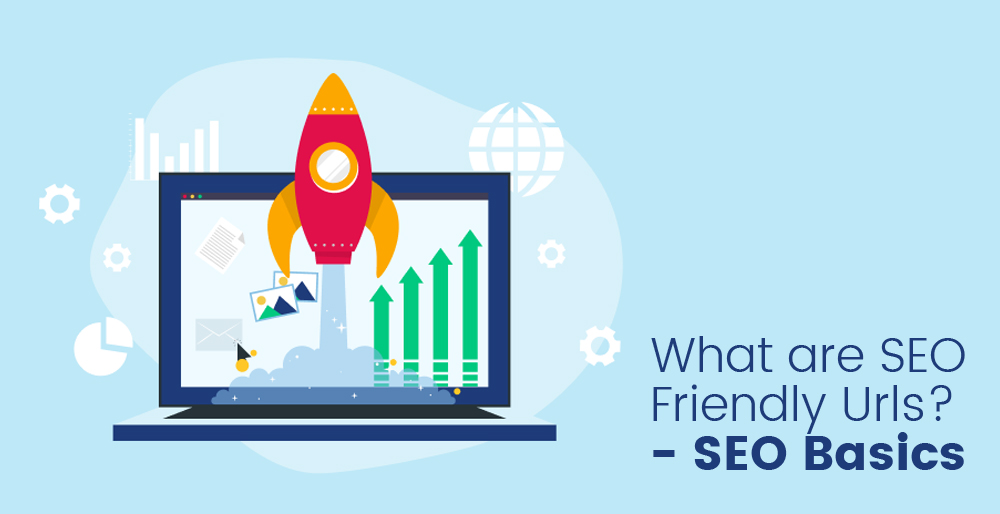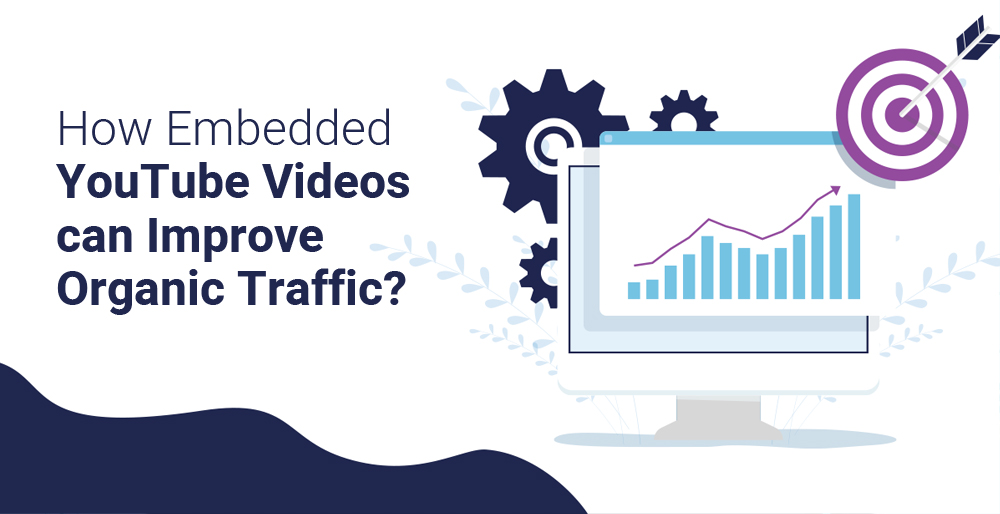Do you think your client doesn’t read your SEO reports or do you also feel that they don’t value the time and effort you put into reporting on SEO and search engine optimization?
But what if we told you there was a way to give them exactly what they need? To give them the customized report that will help them rank higher on Google? And what if we told you that this report doesn’t have some clunky template-based interface where you have to input data manually? What if instead, it was an automated system that could do the work for you?
And what if we told you this would save your agency clients hours each week so they can focus on other things? What if this would also make your job easier?
So, don’t take any concerns in this blog you learn how to engage their interest, collaborate with them, and produce a report that they will not only read and comprehend but also value. And a customer who can appreciate your hard work will stick with you in business!
How to make reports for SEO marketing?

SEO reports are essential for showing your clients your results as well as for assessing whether your strategies are effective. You must quickly produce amazing, well-built SEO reports because this directly affects your bottom line. For any digital agency worth its salt, this is a requirement that cannot be waived.
Search engine optimization is a long-term investment, as you are aware. It is best to evaluate your strategies once a month to avoid getting caught up in minute details that could change suddenly and without warning. Therefore, even though you could theoretically produce weekly or even daily SEO reports for your client’s website, monthly SEO reports work best in general.
Start with the fundamentals: the three steps to writing an SEO report for a client.
- Define your organizational goal.
- Create the KPIs you require for your SEO report:
- These are the factor that affected KPIs
- Traffic
- Engagement
- Rate of conversion
- keyword effectiveness
- Links
- Page performance and speed
- These are the factor that affected KPIs
- Create and distribute your SEO report
Define your organizational goal:
The first thing you need to do is find out what goals your client has in mind. Ask the company owner or marketing specialist what they are looking for in terms of general marketing strategies (PPC, social media, etc.), as well as SEO campaigns when you sit down with them. Talk about your current SEO objectives with them, conduct an SEO analysis or audit first, and confirm that they are consistent with your company’s goals. Make sure to discuss these objectives in detail with your client.
For Example;
- They might aim to
- More people to their website
- To boost their total sales
- Enhancing their SERP
- Or to increase their interest
Do they desire everything listed above? Focusing on too many objectives at once will only cause indigestion on the scale of a Chinese buffet, so make sure to focus on a few at a time.
Though they are all interconnected, keep in mind that achieving one goal can have an impact on others. Although it can help, more traffic does not always translate into more sales. The incorrect traffic, however, might reduce engagement.
What’s more, you should describe how your chosen SEO objectives will affect your client’s overall business. By describing your goals and the reasons behind them, you’ll not only give your report direction but also establish your client’s expectations.
Create the KPIs you require for your SEO report:
Without knowing which KPIs to include and why it is impossible to create an SEO report. So, here is a summary of what you need to remember.
The most important thing to keep in mind is to always present your results in concrete figures; nobody wants unachievable goals! Your reports should contain data that you can trust and easily monitor over time.
It’s crucial to be truthful and display the poor results when they occur. Negative outcomes can always be turned into positive ones, and occasionally you’ll only need to remind your clients that fluctuations are entirely normal.
We all want to look our best and present our best selves, but this isn’t Tinder, so keep in mind that being transparent will be beneficial.
Here are some of the most pertinent KPIs to include in your SEO report keeping that in mind:
Traffic:
Your customers are probably curious about the source of website traffic and how to increase it. React to them!
Increasing organic traffic is one of the most prevalent SEO objectives. If your client has this objective in mind, make sure that your SEO report includes both organic and paid search traffic for your client’s website.
This will enable them to compare the organic and paid traffic that their website receives, allowing you to emphasize the potential effects of each. Don’t forget to look at your ads’ click-through rate. This website traffic analysis can aid in your client’s understanding of the value of SEO.
To address the age-old question of who is driving traffic (or not!) to your website, it is also important to include both direct and referral traffic in your SEO report.
Engagement:
Let’s talk about where the traffic is going now that we understand where it is coming from. The bounce rate is an important metric to include in your SEO report; a high bounce rate may show that the website doesn’t live up to visitors’ expectations and needs to be changed. Perhaps it has to do with the user experience, content quality, or site speed.
Average session duration, page per session, and time on site are crucial metrics because they demonstrate whether or not visitors explore the website in-depth or are interested in the content and products of your clients. You want your visitors to spend some time on your website.
For a thorough overview of the best-performing pages, landing pages, or blog posts, don’t forget to display all these KPI pages by page.
These KPIs are especially crucial if your client wants to boost engagement, which ought to boost conversions in the end.
Rate of conversion:
About conversions… Include conversion data if possible to show your hard work and the value you add to your client’s company. You should include these KPIs, especially if your client wants to boost the volume of sales, form fills, or downloads from his website.
A high conversion rate and volume directly show how effective your SEO is and how many leads your website’s optimization has generated! These KPIs allow you to determine which pages convert the best and which ones fall short of your objectives.
The pages that don’t perform as well can then be modified, and you can replicate what is successful on other pages.
Keyword effectiveness:
Keywords play a huge role in SEO; you want to know which ones are producing the best results!
Make sure you are aware of which particular keywords have improved in the rankings, how search visibility has changed, and of course, where you typically land in the list of results for your target keywords.
You’ll have a better idea of what to concentrate on after reading all of this.
Links:
Don’t ever undervalue the importance of backlinks! On your SEO report, be sure to list the new and lost referring domains as well as the domain authority metrics of those backlinks.
Why? You must ensure that your backlinks are relevant, have high domain authority, and use the appropriate anchor text in addition to having quality inbound links. If not, they might lower your ranking, and you want a healthy backlink profile for your client. Don’t forget to check your links to make sure there aren’t too many broken ones.
Additionally, by monitoring the new and lost referring domains, you can detect problems as soon as they arise and take appropriate action!
Page performance and speed:
Have you ever used Google on your phone to look up a random topic to support a claim and clicked on a link that took so long to load that you changed your mind and chose another one? Yes, I agree!
Page speed and site performance are crucial metrics that must be included in your SEO report. As a general rule, keep your page speed under 3 seconds; doing so will significantly raise your SEO ranking. This will give you a significant advantage, especially if your competitors still have slower pages.
Don’t just throw data into your report at random; make sure that each KPI’s placement makes sense for your audience in light of your overarching strategy.
If KPIs that are related to one another are grouped, it will be simpler for your audience to understand the big picture. You could, for instance, arrange your data so that the highest-level information is at the top and that the more you go down, the more specific the information becomes.
Create and distribute your SEO report:

You can create your SEO reports manually or automatically.
How to automatically create your SEO reports
- Integrate your systems;
- Select an SEO template and the report type;
- Add your own KPIs, insight, comments, images, and headers to personalize it.
- Create an automated email sending schedule and forget about it!
- However, manual report creation takes a little longer.
However, manual report creation takes a little longer:
How to create SEO reports by hand:
- Gather all the data you are tracking by entering it into each of your digital marketing tools, SEO analyzers, and SEO audit tools, such as Google Analytics, Google Search Console, Ahrefs, and SEMrush;
- Obtain all of your SEO metrics by logging into each tool’s account under your (or your client’s) control, visiting each software, and looking for the appropriate KPIs;
- If you missed a deadline, adjust the timeline and hope you won’t have to start over;
- Identify a method to export that data to an Excel spreadsheet;
- Add it via copy-and-paste to another Excel spreadsheet;
- Create some graphs and experiment with the values, columns, layout, alignment, colors, and fonts to see if you can make them readable;
- Repeat this procedure using the data from each of your clients.
- Create a PDF version of your report;
- your email with your report attached;
- Verify that you didn’t make any typos;
- To your client, send;
- Follow steps 1 through 4 for each client;
- In the hopes that your client won’t ask for a weekly report, repeat the entire process the following month, the month after that, and the month after that.
You are familiar with the procedure!
Why then do you create your reports by hand when it can all be done automatically?
Setting up your automatic SEO report only takes a few minutes, and your clients will receive it each month with the most recent information. You heard me right—everything is updated automatically, so you don’t need to return each month and enter the fresh data!
Conclusion
We at iMETADEX hope that you now have a better understanding of how to use SEO tools for reporting purposes. If any of you are in a position where you need to report to your clients on the progress of their SEO efforts, then please feel free to use these suggestions. You won’t need to worry about the report being completed correctly, or even if you are facing the problem of your website traffic and SEO problem then join us.
To learn more about iMetaDex™, click here.
MetaSense Marketing Management Inc.
866-875-META (6382)
support@metasensemarketing.com




